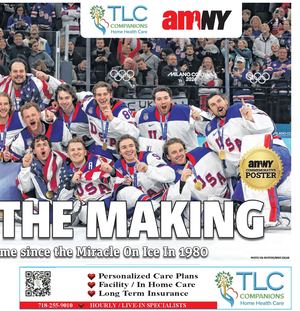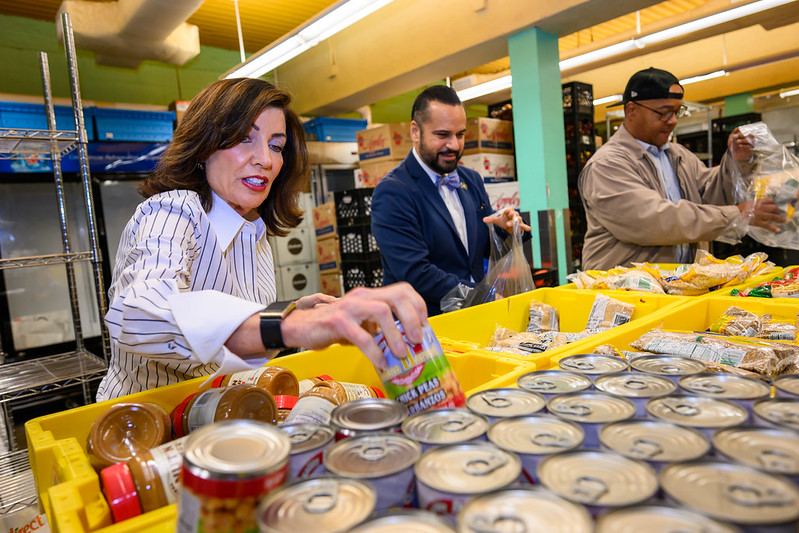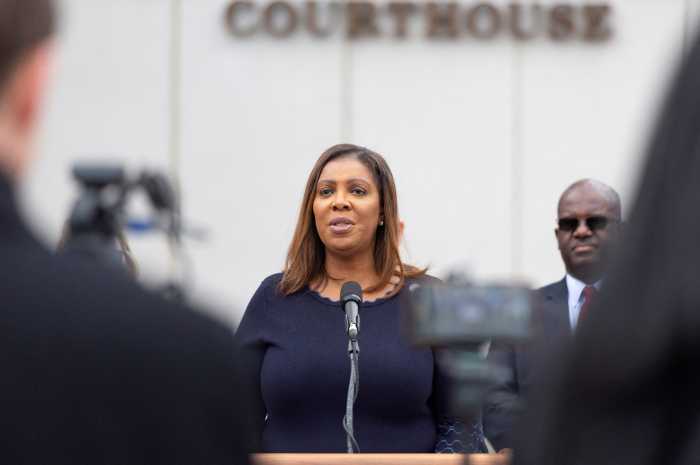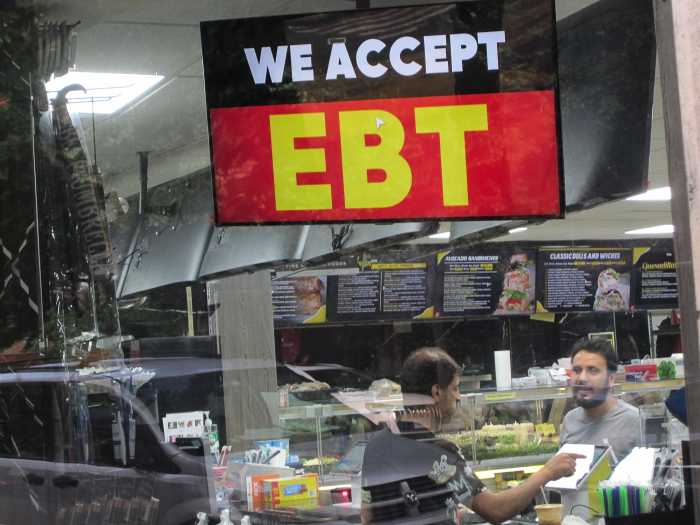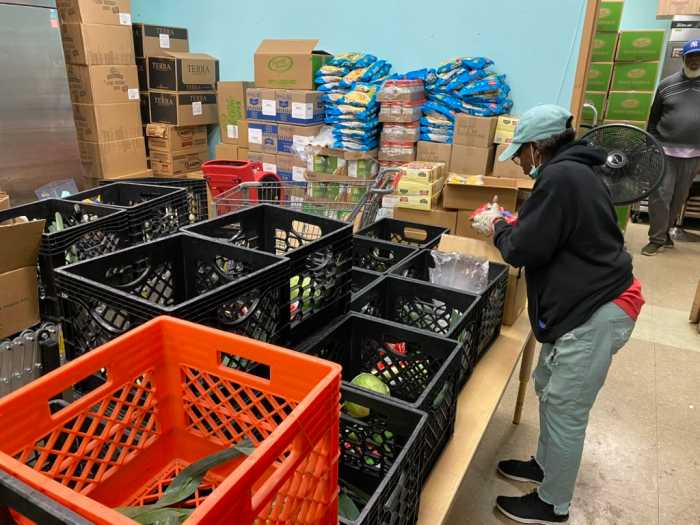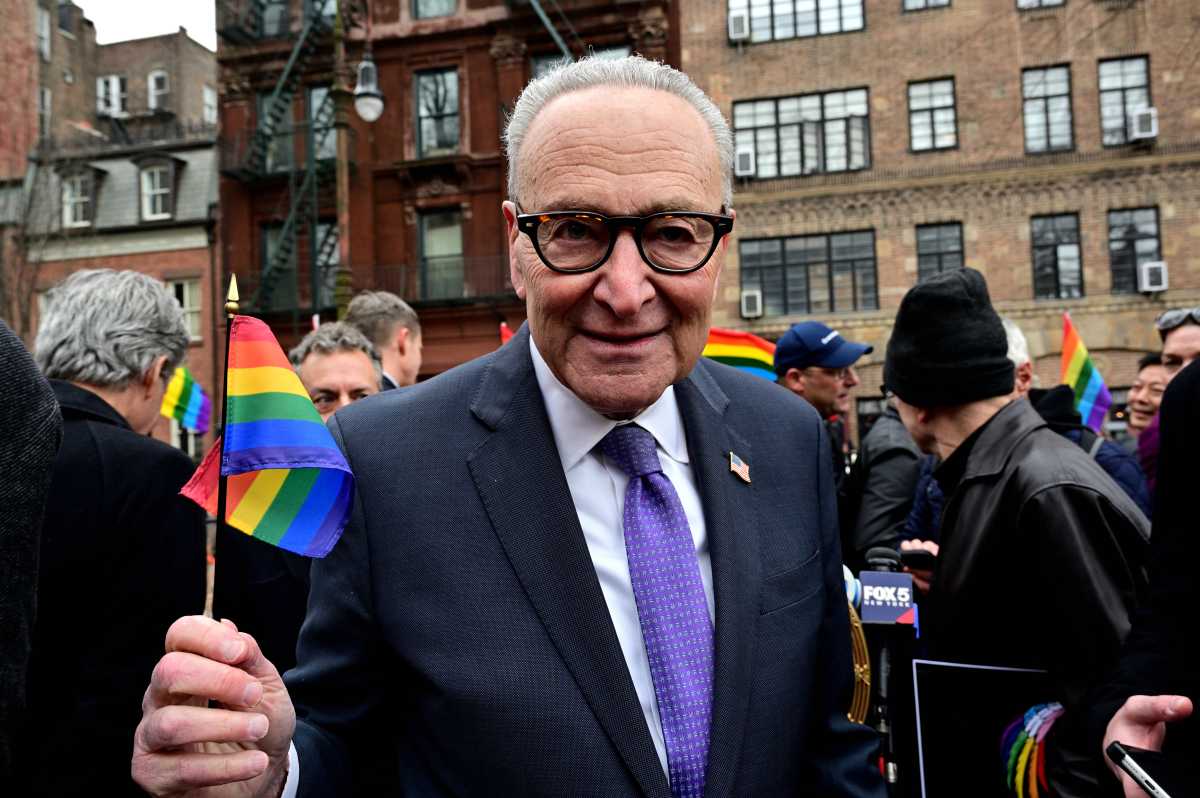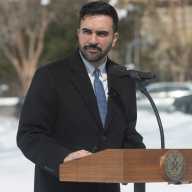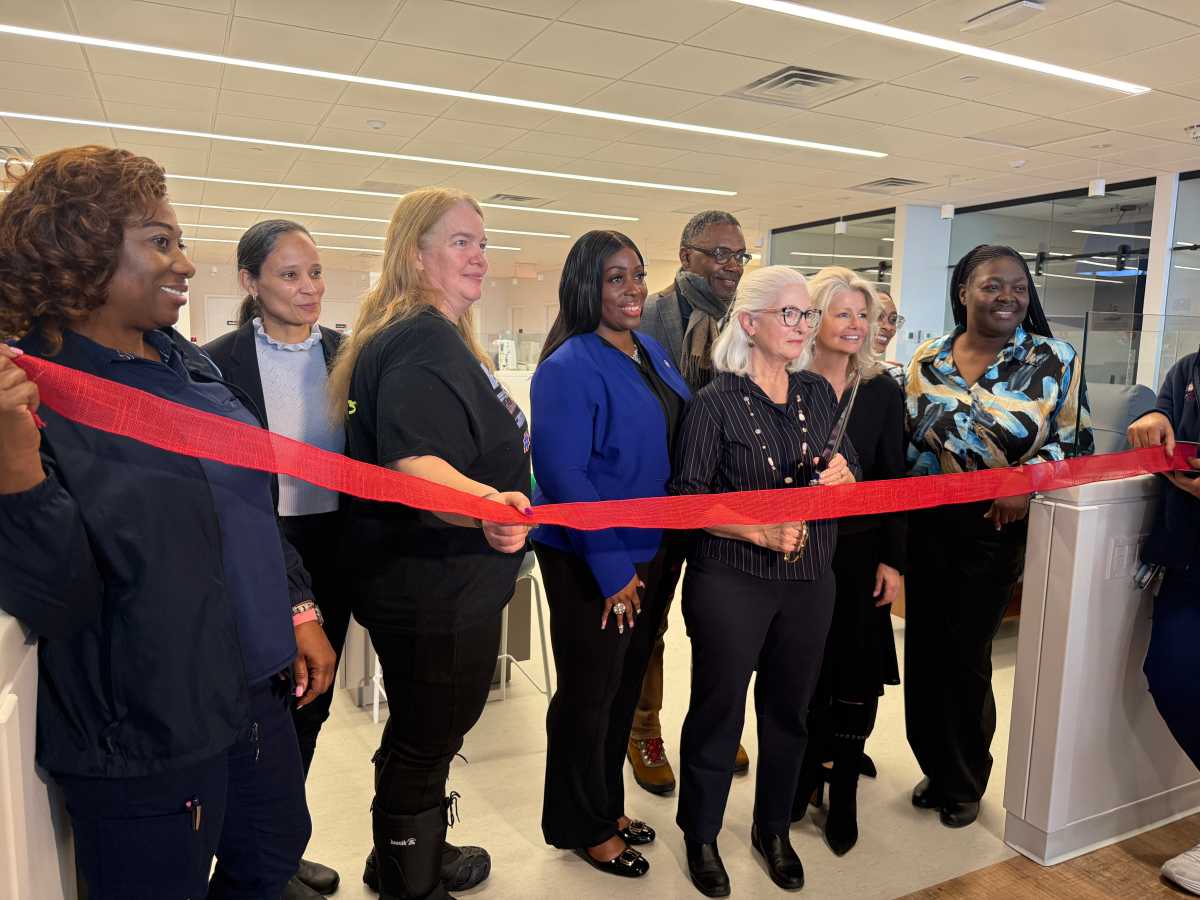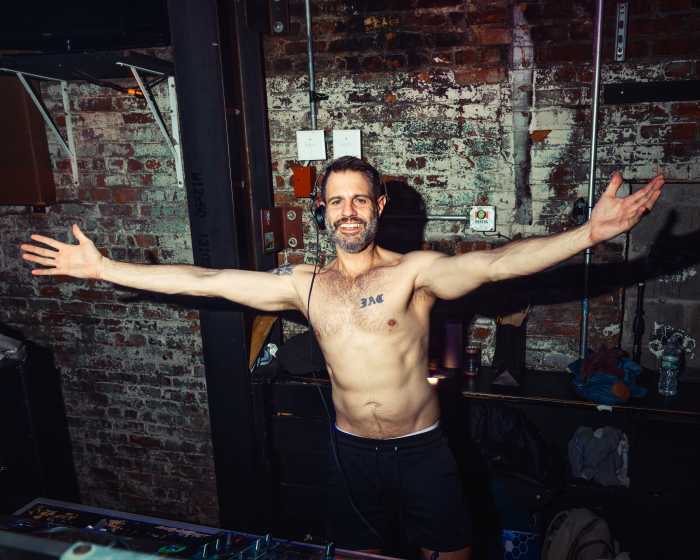Gov. Kathy Hochul on Thursday declared a state of emergency and committed $65 million in new state funding for food programs as New York prepares for a federal cutoff in Supplemental Nutrition Assistance Program (SNAP) benefits for nearly 1.8 million NYC residents on Saturday.
The U.S. Department of Agriculture (USDA) has refused to release federally approved contingency funds during the ongoing government shutdown, leaving states to manage the fallout.
That decision has drawn widespread criticism, with opponents calling it a political ploy by the Trump Administration, and it is now the subject of a legal battle that argues that the USDA has access to more than $6 billion in contingency funds that Congress specifically set aside to maintain food assistance during funding lapses, but has “unlawfully refused” to use them.
New York is among 25 states suing the Trump administration to compel the release of emergency SNAP funds.
“This is a manufactured, self-inflicted crisis that the Republicans think somehow is a political gain for them,” Hochul told reporters at the Common Pantry in East Harlem while announcing the additional funding. “This is not a bailout for the federal government, because it’s their job to feed Americans. They always have, and that’s what they have to do.”
The funding includes $40 million for the state’s Hunger Prevention and Nutrition Assistance Program, which collaborates with approximately 2,700 emergency food providers, and $25 million for the Nourish NY initiative, which purchases surplus food from farmers for distribution to food banks and pantries.
State officials estimate that the support will provide approximately 40 million meals.
Hochul also directed Empire State Service Corps and SUNY Corps members to assist food banks facing staffing shortages and rising demand.
‘No state can backfill this’
Hochul stressed on Thursday that state spending cannot replace federal SNAP funding in the long term, noting that New York administers approximately $650 million per month in federal benefits.
“This is $650 million per month,” she said. “No state can backfill this. The pressure needs to be on the cause of this, which is the Republicans in Washington. Full stop.”
Asked whether New York could sustain monthly emergency spending if the shutdown continues, Hochul said she is focused on the immediate crisis and reiterated she would not call lawmakers back to Albany or raise taxes to cover federal obligations.
The federal government’s refusal to release emergency aid will “have devastating consequences for families already struggling to make ends meet,” State Health Commissioner Dr. James McDonald said in a statement, calling access to nutritious food “a fundamental public health necessity.”
Advocates, meanwhile, argued that the state should provide more support. The Legal Aid Society said New York must “allocate up to $650 million in state funds to ensure full SNAP benefits in November,” calling on leaders to “protect millions of residents who depend on these benefits to meet their most basic needs.”
Hochul, meanwhile, maintained that responsibility rests squarely with the federal government in Washington.
“It could end tomorrow,” she said. “Republicans in Washington have to do what they’re obligated to do.”
SNAP economy
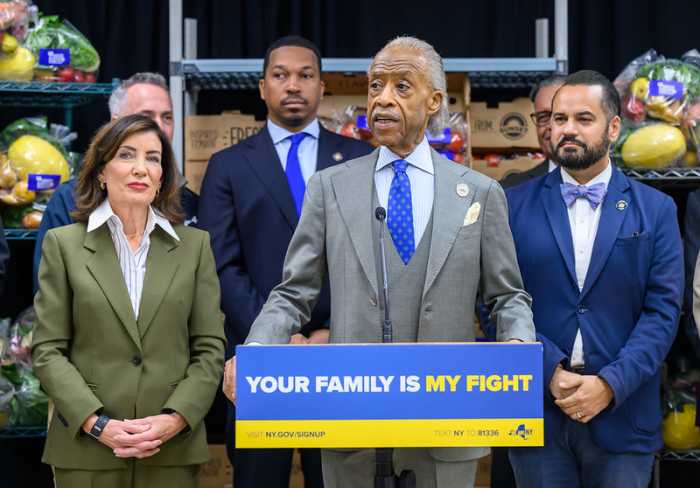
At the event, the Rev. Al Sharpton called the incoming lapse in food assistance a “moral issue, not a political issue,” urging faith leaders and elected officials alike to act before families go hungry.
“We’re two days away from people not knowing how they’re going to feed their families,” Sharpton said. “Whether it’s Republican, Democrat, urban or rural, we’re talking about people putting food on the table.”
Sharpton, who grew up in Brownsville, Brooklyn, on welfare, said he saw firsthand how vital programs like SNAP are to struggling families.
“There is no joy in standing in line to get food,” he said. “Don’t denigrate those that we’ve not uplifted.”
He praised Gov. Kathy Hochul’s response as “a moral tone for this nation,” saying leaders must unite around “the issue of feeding those that need it.”
Ruben Luna, an NYC grocer and representative of the National Supermarket Association, warned that the cuts would hit both families and local businesses that depend on customers’ food dollars.
His group’s members, he noted, sell roughly 80 percent of the food across the five boroughs.
“I’m not here to think about how much money our company is going to be losing because of the cut,” Luna said. “Our worry is the family who’s not going to be receiving food on the table for their children.”
Luna, who came to the U.S. from the Dominican Republic in 1978, said he still remembers when his mother relied on food stamps to feed their large family. “Today I’m a businessman, but I never forget where I’m coming from,” he said. “People are living check by check. We cannot play with the food of the people.”
Agriculture producer Julia Van Loon, founder of Slate Foods, described how programs like SNAP and Nourish New York are vital for sustaining both families and farms. “When New York invests in its own food system,” she said, “it doesn’t just fight hunger, it sustains farmers.”
Van Loon said every SNAP dollar spent in a grocery store or farmers market “sends revenue back into the fields, into dairy processing and distribution hubs.” She called the program “not a trickle of charity, but a ripple of stability,” adding, “It’s not charity, but collaboration — and not dependency, but dignity.”
